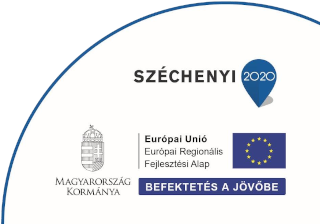Not only in the field of nutrition, but also in other consumer products such as cosmetics, a significant proportion of Hungarian women try to avoid cosmetics containing animal ingredients. According to a survey, 53 percent do so, while 86 percent are open to trying these type of products, states an article on piacesprofit.hu. Trends are clearly driven by the growing importance of environmental protection, as the striving towards a plastic-free lifestyle is as much a part of our daily lives as climate awareness or rescuing oceans. Conscious nutrition is very much identified as being animal-friendly, that is, excluding animal ingredients.
Not only do vegans say no to food of animal origin, but to any commodity that can be derived from the exploitation of animals in some way (such as fur, leather goods, cosmetics tested on animals), but they also seek to minimize packaging, or use one that is quickly degradable or can be recycled. This kind of lifestyle is gaining popularity not only abroad, but also in our small country. For example, the number of members of the Vegan in Hungary community on the largest community site has exceeded 19 thousand, What I have eaten today – VEGAN group has 31 thousand members, and there are 83 million Instagram posts with vegan hashtags, which latter obviously is a worldwide data.
Veganism also regards ethical behaviour towards animals as important, for example, not only when planning their consumption, but also in sports and entertainment (they do not visit the circus; many do not consider horse-riding animal-friendly).


